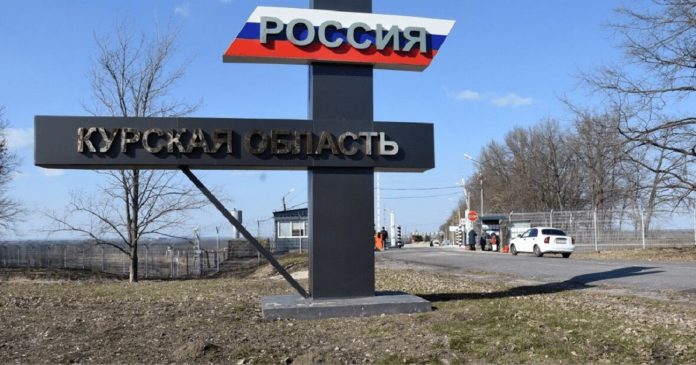The Russian authorities actively form new volunteer detachments of territorial defense in response to the invasion of the Armed Forces of Ukraine into the Kursk region. According to the Report of the Institute of War (ISW), it testifies to Vladimir Putin's reluctance to take more radical measures such as mobilization or significant redeployment of troops that could provoke social dissatisfaction.
On August 29, Acting Governor of Kursk Oblast Alexei Smirnov announced the creation of a volunteer detachment "Bars Kursk". According to Smirnov, the main task of this detachment is to ensure the safety during the Ukrainian invasion and settlement of border settlements of the region. The detachment will cooperate with the Russian military and the headquarters of the counter -terrorist operation, providing humanitarian support to the locals.
Volunteers will sign six -month contracts, will be trained and will receive a "necessary" weapon to perform their tasks. The set to the detachment has already been started.
This step of the Russian authorities, according to ISW analysts, demonstrates the Kremlin's strategy to avoid the redeployment of experienced units in combat areas, such as Pokrovske or Toretsk, in favor of the protection of the Kursk region. This avoids slowing down the pace of offensive operations in eastern Ukraine, which is a priority for the Russian command.
It is interesting that the Kremlin also began the formation of similar detachments in the Bryansk and Belgorod regions. According to the Ukrainian military representative of Colonel Vitaliy Sarantsev, almost 5,000 volunteers will be included in the three detachments. These detachments will support the northern group of Russian troops.
Western analysts believe that Putin is largely entrusted with recruits and irregular forces to avoid the need for mobilization, which would be extremely unpopular among Russian society. This is confirmed by his statements of August 12, when he hinted at his readiness to attract volunteers during a meeting with Russian military and civilian officials.
ISW emphasizes that Putin continues to avoid declaring general or partial mobilization, preferring volunteer formation and irregular forces. This may indicate the Kremlin's intention and continue to rely on these forces to counteract the Ukrainian offensive, at least until Russian offensive operations in eastern Ukraine achieve the climax.
Thus, volunteer detachments become a kind of "first shield" of the Putin authorities, designed to keep the front from the Ukrainian pressure without radical steps that could cause significant social upheavals in Russia itself.


